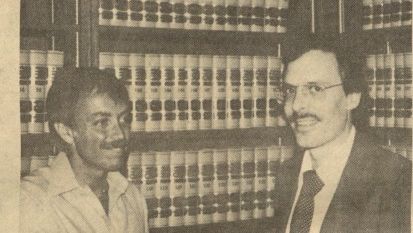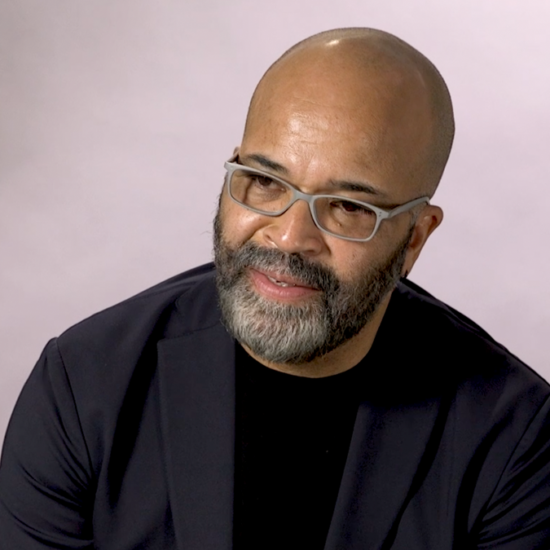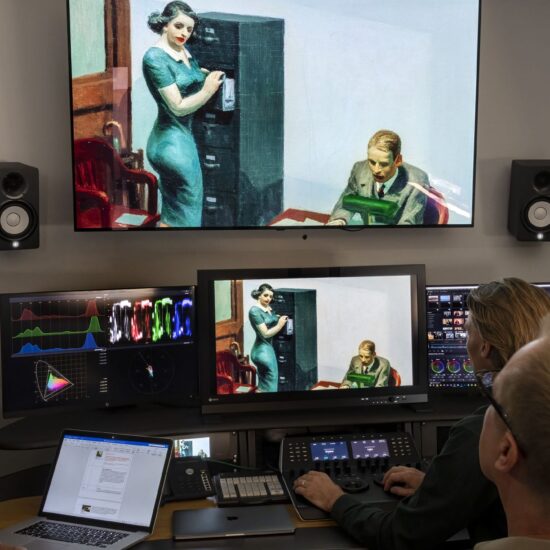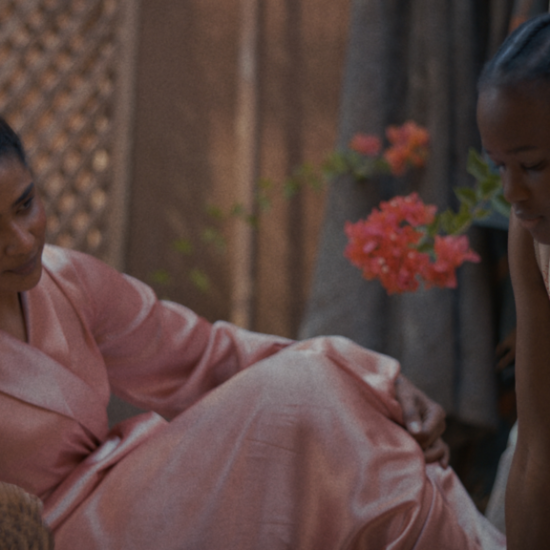
On September 15th, 1979, Stephen M. Lachs was appointed to fill a vacancy on the Los Angeles Superior Court by California Governor Jerry Brown.
Brown had made waves as governor through his various political appointments, pushing cabinet positions and other roles to be more inclusive. In 1979, he issued an executive order prohibiting discrimination on the basis of sexual orientation in state employment. As part of this dedication to improving LGBTQIA+ inclusion, Lachs’ appointment was celebrated as the first time an openly gay man would be appointed a judgeship in the United States. In an interview with Press Democrat at that time, Lachs said, “I think I could probably have a successful legal career and have remained closeted. This was a very serious consideration, it was important for me not to hide.”
In this Q&A, Lachs looks back at this historic moment and the profound change it had on his life.
What ran through your mind when Governor Jerry Brown first appointed you as judge of the LA Superior Court?
At the time, I had been a Superior Court Commissioner for about four and a half years, so I was familiar with the job. What ran through my mind? Oh my God, finally!
Not necessarily me being appointed, but having an openly gay or lesbian person appointed as a judge was in the works for a while. It was very exciting for a lot of people in the community and more than that, for me personally.
You’ve talked about the importance of coming out to your community, what was it like to come out when you did?
You have to understand that time period. In the early 70s there were many, many gay men and lesbians who were not out. I would say most were not out. The trend started for people to finally come out and it just changed the whole community. For example, in Los Angeles, as far as I know, gay bars had no windows. Many of them had entrances in the back of the bar to allow people to go inside and know that no one could see them and know they were gay. By the end of the 70s, that had changed. I remember the first gay bar in West Hollywood that had windows and it was like “wow! look at that.” That shows the changes we were going through.
There were also nowhere near the amount of organizations for the LGTBQ+ community. The community was growing, not necessarily in the amount of people that existed, but in the amount of people that were out. We were getting more organizations, more people involved, and it was a very exciting time.
When I was appointed by Governor Brown, the headline on the story about it in the L.A. Times was “Brown Appoints Avowed Homosexual.” I don’t think you’d see that today, an “avowed homosexual.” But that’s what it was in 1979.
Did that attention make you feel vulnerable?
You know, it never made me feel vulnerable. It never had that effect on me. I got a ton of mail. I got so much mail from gays and lesbians around the world who were just telling me how much they appreciated this because it gave them a sense that they could achieve things. People sent me articles from all different kinds of newspapers about my appointment. I still have an article from Athens, Greece. Of course it’s all in Greek and I can only make out my name, but again, it was a very exciting thing and it gave a lot of other people a feeling that they could go out and accomplish what they wanted to do. That made me feel so wonderful.
At the same time, I also got hate mail. I don’t know, it’s just who I am that it just never affected me. Maybe it was the times that were different, but it just never bothered me except knowing there were so many people out there who had that kind of feeling. That they couldn’t accept that a gay man became a judge.
Did your appointment change the culture within the courts?
The L.A. Superior Court had more judges in it than any other court in the state, so I knew a lot of judges. Most all of the judges that I knew were very accepting. First of all, any number of them knew me because they had previously voted for me to become a Superior Court Commissioner. So I wasn’t somebody “new.” Almost all of them were just very happy that I was appointed and we had good relationships. I learned from some of them that there were a few judges who were upset, but as far as I was concerned, too bad! What can I do? I’m just working.
As far as other people in the court system, it was pretty much the same. I had good relationships with most everybody. One of my favorite things I remember is soon after I was appointed, they sent a new bailiff to my court, a deputy sheriff. He was not very open. Not very warm. That continued for a while, but as we kept working together he was in the court all day with me and things just eased up. By the time the year was over and I was going to another court, he came into my chambers, sat down and gave me a present on the last day I was there. He had bought a hand blown glass scales of justice as a parting gift. I was almost in tears.
He said when he was first told he was going to be assigned to my court, he told them he wouldn’t do it. That he was not going to go to a court room with a gay judge, but after us spending time over a couple of months he realized everything was okay and that’s when we became much closer. When he gave me that gift, which I still have on my desk today, it was one of the most powerful things to ever happen to me. We became good friends and kept in touch with each other over the years. He even went onto study law.
What work during this period of time was most significant to you?
As a judge, almost half my time was spent in our Family Law Court doing divorces. It’s interesting that in L.A., traditionally they’ve always had a tough time getting judges to sit in Family Law. A lot of the judges who are assigned there are assigned based on lower seniority and leave in a couple of years. I really loved it. And the thing that I really enjoyed about it was it gave me an opportunity to try and help people who really needed help. They’re going through a divorce, they have kids, how long is each parent going to spend with the kids? When I started in Family Law the standard was the mother had the kids full time and the father got them every other weekend. Not much time for dad to be with the kids. The cases that I had varied tremendously, but all of them gave me an opportunity to try and help people. That was an enjoyable part of my years as a judge.
I was honored and thrilled to be the person Jerry Brown appointed. So many wonderful things happened from it. He also appointed Rose Bird to be Chief Justice of the Supreme Court in California and she ended up appointing me to serve as Justice Pro Tem on the California Supreme Court for a case. I assume I was the first openly gay person to sit on the Supreme Court.
The best part of it all is that once I got appointed, I had requests to speak all over the place. Different universities throughout the country, they’d fly me here and there to speak. In April of 1980, I was invited to speak at Cal State, Northridge. That evening I met a guy and we’ve been together for over 43 years. I thank Jerry Brown for that.
















